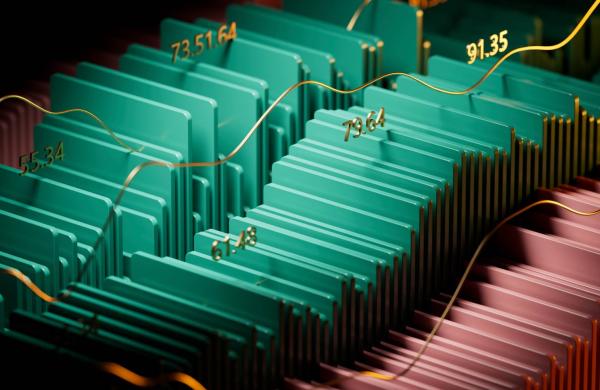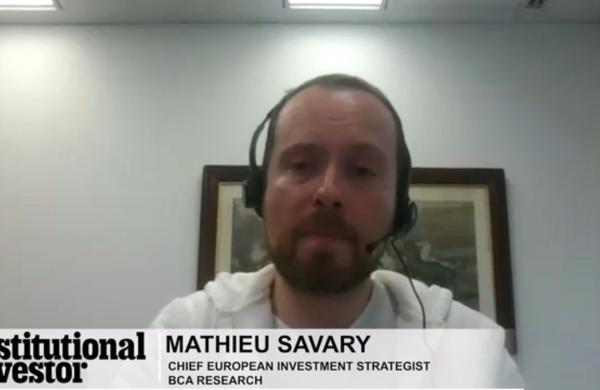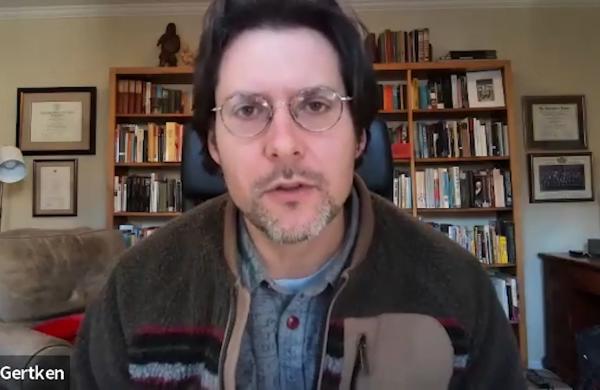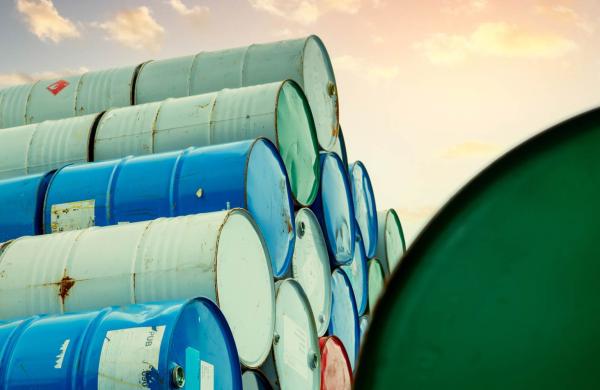I write from a city in mourning, a city under siege, the city where I was born and raised, where my two children were born and are being raised.
By Michael Carroll
October 2001
Institutional Investor Magazine
Whose streets for days after the unthinkable attack were alternately deserted, then thronged, by fear, as bomb scares shook out those who ventured into work. Office buildings, shopping centers and public accommodations, one by one, evacuated: Grand Central Station, Condé Nast, Viacom, Crédit Lyonnais, Macy's, the Empire State Building.
For days the acrid smoke of September 11's blasts and building collapses seeped in through our windows at home. We closed the windows and sealed our air conditioners, but still the smoke seeped in. Overhead, jet fighters thundered by, belated, unseen. In the distance, intermittent sirens. Then the strange silence of no traffic.
All that first day, across downtown and Brooklyn, came the sad rain of terror: interoffice memos, trading tickets, portfolio statements, business cards, blown through the air even as thousands of bodies disappeared in the conflagration. The sad truth of bureaucracy: Our paperwork outlives us.
All of us know someone who died in the attack. That is what it means to be a New Yorker today.
My wife had us pack bags in case we had to flee. We set these at the ready in the foyer by the front door, beside our shoes, the bottles of water and baby formula, our flashlight batteries.
Ellie is on the board of Fiduciary Trust Co., the private money manager that occupied the 90th and 94th through 97th floors of Two World Trade Center. All Tuesday night she called the hotline, jotting notes about who had been found, who was gone. Two weeks later 87 of 650 employees are missing or confirmed dead. Among them, Carol Demitz, the general counsel who, not long ago at a dinner, explained to us the merit of using Ferber's techniques to get our daughter to sleep.
Stories of miraculous escapes and simple bad luck abound. I add my family's. My brother-in-law, who missed his usual train and was riding the PATH in from New Jersey when it was halted across the river just before 9 a.m. He is alive. My cousin's husband, who was transferred two weeks before the blast from Connecticut to the Trade Center. He is among the missing.
What hope was there ever for the missing?
The attack was directed not just at America but a way of life that the world has embraced. Among the missing are citizens from dozens of countries. Strangely fitting. We are a nation of immigrants, and New York, more than any other locality, is the city of immigrants.
That is our strength. So I was taught. So I believe. My parents came here from Ireland in the 1920s; one grandfather ran a public house that went bust; the other, a small draper's shop in an inconsequential southern village. My wife's family came from Germany in the 1800s. One grandfather built a cigar company; the other became secretary of the Treasury.
Irish Catholics. German Jews. The improbability of America is that I should have married this woman. We are the mongrel nation and, like the statue says, a beacon for the homeless, the helpless, the hopeless. We invite, we borrow, we take the best from others: It is this that terrorists, out of envy, or fear, cannot abide.
Certainly, we are not perfect. Our history is filled with travesties: slavery, Jim Crow laws, Indian massacres, anti-Catholic bigotry, gay-bashing, no suffrage for women. And yet we have created something that draws the world to us. I do not believe it is just the money.
By Friday the false alarms had ceased and real rain fell. The horror veering to the banal, the first wave of a news cycle unimaginably running out. In Saturday's New York Times, the reporters wrote about each other.
At this magazine, and in journalism generally, we engage in a fiction, a necessary conceit, that certain people are more important than others, that the world and its events are driven by great men and women whose lives we chronicle because, by inference, they matter more. It is a dangerous conceit and one that distracts us from the world we truly live in. In this imperfect world money, birth, class, race, religion, sex still separate us. But death does not distinguish.
Such is the mystery of grief. We stand apart from time, and that alone gives us a momentary freedom from our own mortality, even as we despair over it. We marvel how cars move in the street. People seem to float on their way to work, dogs bark, we are impervious to weather.
For that brief moment the world opens up again as it might to a child; nothing fits into its usual pattern. We are freed from our anchor, routine.
Such moments, when we step outside of ourselves, are, almost perversely, moments of privilege. We watch volunteers enter collapsed buildings and wonder whether we are merely hollow inside. Am I brave enough, kind enough? At the moment of death, will I be ready to stand before my maker and be judged?
Then the weeks go by. Baseball resumes. Who Wants To Be a Millionaire? is back on TV. Memorial services dwindle and disappear. The bereaved are left with their loneliness.
This was a charmed, golden era that began with a high-tech war and ended with unprecedented high-tech prosperity. The envy of other nations, America spread its triumphalism like never before. Countries followed the Washington consensus of free trade and market liberalization. Twenty-year-old dot-comers considered retirement options.
Now the bubbles have burst. Markets have tanked; poor countries continue to struggle; our peace dividend is going the way of corporate dividends.
In the past decade we embraced markets like religions, but markets, unlike faith, often deceive. They are fictions, man-made, the sum of each of us acting on our own.
Which is where we must begin again - as individuals. New York City will rebuild. The economy will recover. The United States will, rightfully, have its revenge. Will we also have the courage and resolve to step back and examine again who we are, what it means to be a human being on this humid planet, to confront our true nature?
The world did not change on September 11. It only became clearer. We are sleepwalkers awakened.





